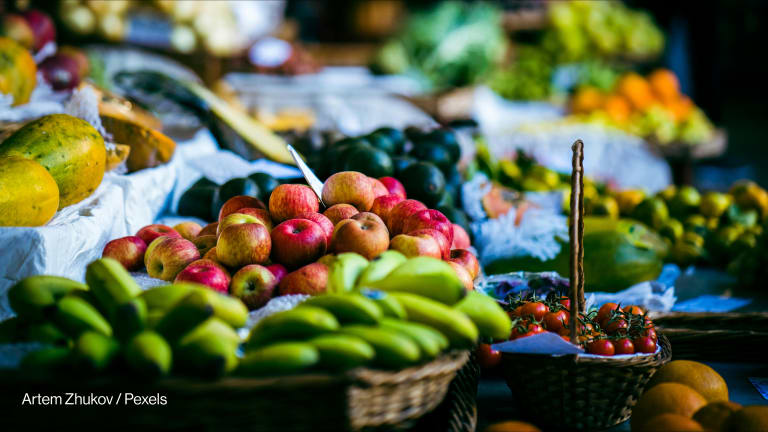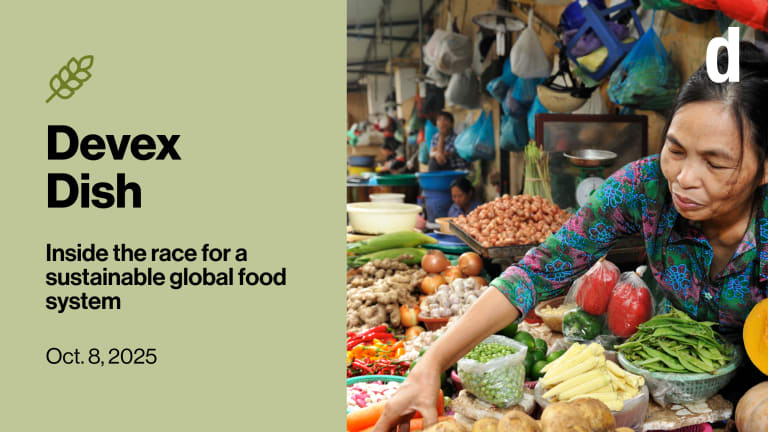Wholly transforming human diets and how food is produced could have massive benefits for people and the planet, helping avert some 15 million premature deaths each year and bringing the world back within the bounds of ecological thresholds for the Earth’s stability, according to an updated version of a groundbreaking 2019 study of the global food system.
But getting there will require a complete transition away from fossil fuels, as well as enormous changes to sustainably produce the food required of a growing population. Our food choices and the ways we feed ourselves, the researchers say, are among the most influential keys to a healthier planet.
Those are among the findings of the latest report by the EAT-Lancet Commission, a committee of 24 of the world’s foremost experts in nutrition, environmental sustainability, agriculture and livestock production, human health, behavior change, and food justice, who hail from 17 countries. EAT is an international nonprofit dedicated to food systems change.








